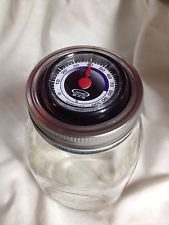420
Founder
How to Know When to Harvest
Curing to increase potency and enhance taste.
An Advanced Study - Maturation and Harvesting of Cannabis
Co2 Dry Ice Cure Freezer Drying All You Need To Know!
Pictures on when to harvest - Trichome colours
Trichome development and harvest time: how to get the best high
Drying Your Weed - A Tutorial
Why Curing Increases Potency - Tutorial
Curing longer, like fine wine?
Cure your Medicine
Know your own stone
How to Preserve Pot Potency
Harvesting in the Bush When Disaster Strikes
Finally - Cured Brazillian Haze buds
Curing Nuts N Bolts
Harvesting And Drying
Harvesting/Drying/Curing
Curing
Beat you to it - Curing
Harvesting FAQ - How to Harvest Your Babies
An elaboration on the phytochemical process that makes THC
Malawi cobs, underground curing
Curing to increase potency and enhance taste.
An Advanced Study - Maturation and Harvesting of Cannabis
Co2 Dry Ice Cure Freezer Drying All You Need To Know!
Pictures on when to harvest - Trichome colours
Trichome development and harvest time: how to get the best high
Drying Your Weed - A Tutorial
Why Curing Increases Potency - Tutorial
Curing longer, like fine wine?
Cure your Medicine
Know your own stone
How to Preserve Pot Potency
Harvesting in the Bush When Disaster Strikes
Finally - Cured Brazillian Haze buds
Curing Nuts N Bolts
Harvesting And Drying
Harvesting/Drying/Curing
Curing
Beat you to it - Curing
Harvesting FAQ - How to Harvest Your Babies
An elaboration on the phytochemical process that makes THC
Malawi cobs, underground curing





